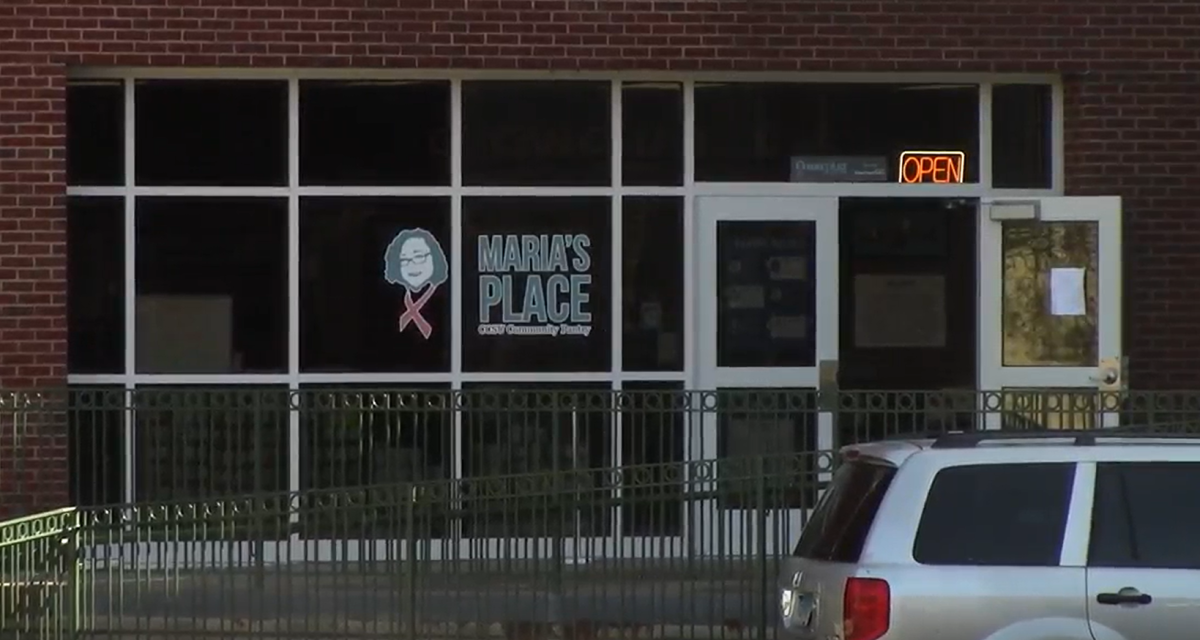N.A.S
by Jesmarie Disdiel
Andrew Solomon, a writer on politics, culture and psychology discussed how the adversity he faced in his childhood has shaped who he is and, how important it is for everyone to forge meaning from our struggles in his 2014 Ted Talks lecture, “How the Worst Moments in our Lives Make us who we are.”
“I survived that childhood through a mix of avoidance and endurance. What I didn’t know then, and do know now, is that avoidance and endurance can be the entry way to forging meaning,” said Solomon. “You need to take the traumas and make them part of who you’ve come to be, and you need to fold the worst events of your life into a narrative of triumph, evincing a better self in response to things that hurt.”
Sometimes we can’t control the struggles we deal with. We are born with our gender, sexuality, race and disabilities decided for us. However, sometimes, events that affect us occur at random, where someone develops the identity of a survivor. We become a part of a community that we can become strong from, and in turn, that also makes us strong.
Solomon explained that forging meaning is about changing yourself, and building an identity is about changing the world. It does not make what was wrong right, but makes what is wrong precious.
“To ‘forge meaning’ is a perfect way to express the work that is involved in that process of life building. I feel that the job of teachers is to give our students the ‘tools’ they need to forge their own meaning,” said Mary Moriarty, professor of communications at CCSU. “This includes helping them understand more deeply how the world works: both the physical environment and the human-made structures in which we live. It includes exposing them to different cultures, different philosophies and different perspectives. And, it includes helping them to critically assess and effectively express their ideas and experiences.”
Solomon goes on to describe how when he was younger, he went to extreme lengths to become straight, for he was a gay American facing much prejudice and hatred. He attempted to enroll in sexual surrogacy therapy, a form of prostitution. Solomon said he has had enjoyable physical relationships with women, however, by doing so, he was at war with himself.
“When the speaker makes a note of creating identity through trauma, that’s really the only healthy way to go about it. If you repress trauma, you give it more stake in your mind than it deserves. If you accept it and mold yourself from it, you can at least find an end to your trouble,” said CCSU student Tom Brown. “Because in some way, shape or form, you’re going to change whether you have a stake in it or not. So at least be the deciding factor in how.”
According to Solomon, people don’t seek painful experiences that hew our identities, but we seek our identities in the wake of those painful experiences. If we see pain as purposeful, then we can endure it. An easy life doesn’t leave as much of a print on us than a life with struggle.
“It took identity to rescue me from sadness. The gay rights movement posits a world in which my aberrance was a victory,” said Solomon. Identity politics works to give pride to people who have a condition or characteristic, and to also cause the outside world to treat such people with kindness and acceptance.
There are still many challenges faced by gay Americans today. According to Solomon, there are 29 states in the United States where he could be legally fired or denied housing due to his sexuality. “I am lucky to have forged meaning and built identity, but that’s still a rare privilege, and gay people deserve more collectively than the crumbs of justice.”
Categories:
Ted Talks: Positivity in Pain
September 7, 2015
0
More to Discover



